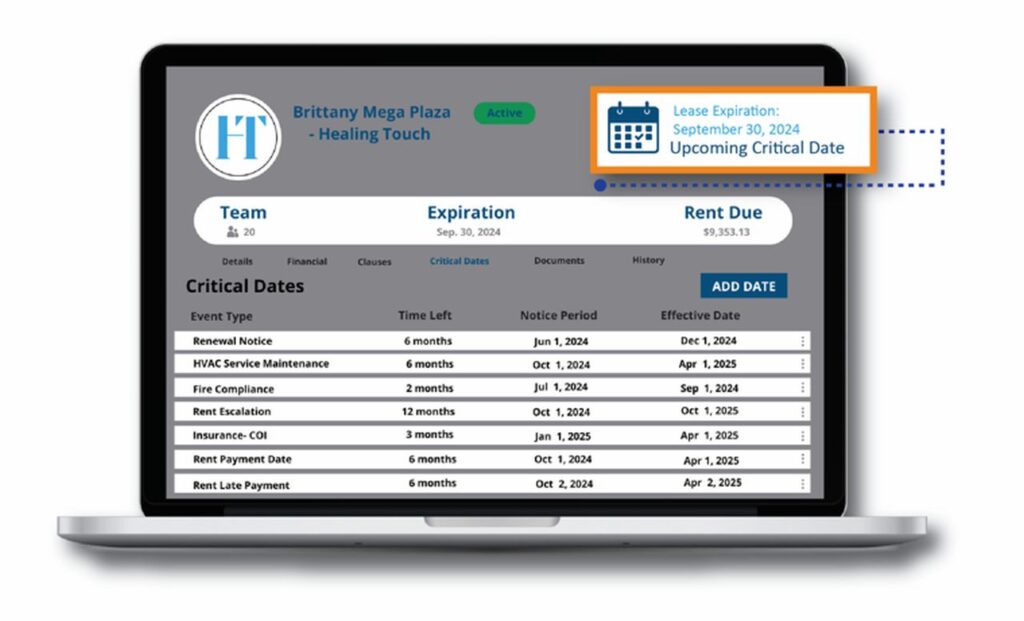Lease administration is a critical aspect of commercial real estate management. It involves the meticulous handling of lease agreements and ensuring compliance with all terms and conditions. For businesses, effective lease administration is essential for maintaining financial health and operational efficiency. This guide provides an in-depth look at the components, best practices, and strategic importance of lease administration in commercial real estate, with a focus on key Florida cities such as Tampa, and St. Petersburg.
Definition and Importance of Lease Administration
Lease administration refers to the process of managing and overseeing lease agreements for properties. This includes tasks such as monitoring lease terms, tracking rent payments, and ensuring compliance with lease obligations. In commercial real estate, lease administration plays a crucial role in safeguarding the interests of both landlords and tenants, particularly in thriving markets like Tampa, Tampa Bay, and St. Petersburg.
Effective lease administration helps prevent legal disputes, reduces financial risks, and ensures that all parties adhere to the agreed-upon terms. It is an indispensable function for property managers and business owners alike, providing the foundation for smooth and profitable property management. For more detailed information on the importance of lease administration, you can visit Accruent’s Knowledge Hub on lease administration.
Key Components of Lease Administration

Lease Abstracts
Lease abstracts are summarized versions of lease agreements, highlighting key terms and conditions. They are essential for quick reference and efficient lease management. Creating accurate lease abstracts involves extracting critical information from the full lease document, such as rent amounts, renewal options, and maintenance responsibilities.
Having well-organized lease abstracts enables property managers to access vital information promptly, ensuring they can address tenant inquiries and manage lease obligations effectively. This process reduces the risk of overlooking important lease provisions and aids in maintaining compliance.
Rent and Payment Management
Tracking rent payments and managing financial obligations are central to lease administration. This includes monitoring common area maintenance (CAM) charges, utility payments, and other recurring expenses. Timely and accurate rent collection is crucial for maintaining cash flow and ensuring financial stability, especially in competitive markets like Tampa and St. Petersburg.
Effective rent and payment management systems help property managers minimize the risk of missed payments and discrepancies. By implementing robust financial tracking tools, businesses can ensure that all payments are accounted for and any issues are promptly addressed, thereby maintaining a healthy financial position.
Lease Compliance and Monitoring
Ensuring compliance with lease terms and conditions is a key responsibility in lease administration. This involves regular monitoring of lease provisions to confirm that both landlords and tenants fulfill their contractual obligations. Non-compliance can lead to legal disputes, financial losses, and strained relationships.
Regular lease audits and reviews help identify potential compliance issues before they escalate. Property managers should establish clear procedures for monitoring lease compliance, including routine checks and communication with tenants to address any concerns promptly.
Critical Date Management
Critical date management involves tracking important lease dates such as expirations, renewals, and rent escalations. Missing these dates can have significant financial and legal implications. Effective critical date management ensures that all deadlines are met and that lease terms are updated as necessary.
Utilizing technology solutions such as automated reminders and calendaring systems can enhance the accuracy and efficiency of managing critical dates. This proactive approach helps property managers stay on top of their responsibilities and avoid costly oversights.
Best Practices in Lease Administration

Implementing Technology Solutions
Adopting lease administration software can streamline the management process and improve accuracy. These tools offer features such as automated reminders, document storage, and real-time reporting. By leveraging technology, property managers in Tampa Bay can reduce manual errors and increase efficiency.
Technology solutions also provide valuable insights through data analytics, helping managers make informed decisions. Implementing these tools is a best practice that can significantly enhance the effectiveness of lease administration.
Regular Audits and Reviews
Conducting regular lease audits ensures that all information is accurate and up-to-date. This practice helps identify discrepancies, compliance issues, and opportunities for improvement. Regular reviews also allow for the timely updating of lease terms and conditions.
Audits should be thorough and systematic, covering all aspects of lease agreements. By maintaining accurate records and addressing issues promptly, property managers in St. Petersburg can ensure compliance and optimize lease management processes.
Data Management and Reporting
Effective data management is crucial for handling lease information and generating insightful reports. Organizing and storing lease data systematically allows for easy access and analysis. Accurate reporting helps property managers track performance, identify trends, and make strategic decisions.
Utilizing data management tools can streamline this process, enabling managers to focus on analysis and decision-making rather than data entry. Comprehensive reporting provides a clear picture of lease administration activities and their impact on overall property management.
Common Challenges in Lease Administration

Data Inconsistency
Inconsistent data can lead to errors and miscommunications. Ensuring that all lease information is accurate and up-to-date is a significant challenge. Property managers must implement rigorous data entry and validation processes to maintain data integrity.
Regular audits and the use of technology can help mitigate data inconsistency issues. By standardizing data management practices, property managers can ensure that all information is reliable and accessible.
Compliance Management
Ensuring adherence to lease agreements requires constant vigilance. Non-compliance can result in legal disputes and financial losses. Property managers must establish clear procedures for monitoring and enforcing compliance with lease terms.
Effective communication with tenants and regular lease reviews are essential for managing compliance. By addressing issues proactively, property managers in Tampa can avoid conflicts and maintain positive tenant relationships.
Rent Discrepancies
Discrepancies in rent payments can disrupt cash flow and create administrative burdens. Property managers must implement robust financial tracking systems to identify and resolve discrepancies promptly.
Regular reconciliation of accounts and clear communication with tenants can help address rent discrepancies. Ensuring accurate record-keeping and timely follow-up on payment issues are critical for maintaining financial stability.
Legal and Financial Considerations

Understanding Lease Clauses
Lease agreements contain various clauses that outline the rights and responsibilities of both parties. Key lease terms include rent escalation clauses, maintenance responsibilities, and renewal options. Understanding these clauses is crucial for effective lease administration.
Property managers must be familiar with all lease terms to ensure compliance and address any issues that arise. Regular training and consultation with legal experts can help managers navigate complex lease agreements.
Financial Impact of Lease Administration
Lease administration plays a vital role in financial planning and budgeting. Accurate tracking of rent payments, expenses, and financial obligations ensures that property managers can maintain a stable cash flow.
Effective lease administration also helps identify cost-saving opportunities and optimize revenue streams. By managing leases efficiently, property managers can enhance the financial performance of their properties.
Risk Management
Identifying and mitigating risks associated with lease agreements is essential for protecting assets and ensuring business continuity. Common risks include non-compliance, legal disputes, and financial discrepancies.
Implementing robust risk management strategies, such as regular audits and comprehensive insurance coverage, can help mitigate these risks. Property managers should also develop contingency plans to address potential issues proactively.
The Role of Lease Administration in Strategic Decision Making

Enhancing Portfolio Management
Accurate lease data is invaluable for portfolio management. By analyzing lease information, property managers can make informed decisions about property acquisitions, dispositions, and improvements.
Lease administration provides insights into tenant performance, market trends, and financial metrics. This information is crucial for optimizing portfolio performance and achieving strategic goals.
Supporting Real Estate Transactions
Effective lease administration supports real estate transactions by ensuring that all lease information is accurate and up-to-date. This is particularly important during property sales and acquisitions, where due diligence is required.
Property managers must ensure that all lease agreements are compliant and that any issues are resolved before transactions occur. Accurate lease data enhances transparency and facilitates smooth real estate transactions.
Outsourcing Lease Administration

Benefits of Outsourcing
Outsourcing lease administration can provide several advantages, including access to specialized expertise, cost savings, and increased efficiency. Third-party providers offer dedicated resources and advanced technology solutions.
By outsourcing lease administration, property managers can focus on core business activities while ensuring that lease management is handled professionally. This approach can enhance overall operational efficiency and improve lease administration outcomes.
Choosing the Right Partner
Selecting a reliable lease administration provider is crucial for successful outsourcing. Criteria for choosing a partner include industry experience, technological capabilities, and a proven track record.
Property managers should conduct thorough evaluations and seek recommendations to identify the best providers. A strong partnership with a reputable provider can significantly enhance lease administration processes.
Case Studies and Examples

Success Stories
Real-world examples of effective lease administration highlight best practices and successful strategies. Case studies demonstrate how efficient lease management can lead to improved financial performance and tenant satisfaction.
Learning from these success stories can provide valuable insights for property managers looking to enhance their lease administration processes. By adopting proven strategies, managers can achieve similar positive outcomes.
Lessons Learned
Analyzing lessons learned from past experiences helps identify areas for improvement and avoid common pitfalls. Understanding what worked and what didn’t in previous lease administration efforts can guide future practices.
Property managers should continuously review and refine their processes based on lessons learned. This proactive approach ensures that lease administration remains effective and responsive to changing needs.
Future Trends in Lease Administration

Technological Advancements
Emerging technologies are shaping the future of lease administration. Innovations such as artificial intelligence, blockchain, and advanced data analytics offer new ways to streamline processes and enhance accuracy.
Property managers must stay abreast of technological advancements and incorporate them into their lease administration practices. Leveraging these technologies can provide a competitive edge and improve overall efficiency.
Evolving Best Practices
As industry standards and regulations evolve, lease administration practices must adapt. Staying informed about changes and implementing best practices ensures compliance and optimal performance.
Continuous improvement and adaptation are key to successful lease administration. Property managers should regularly update their processes and seek out new methods to enhance efficiency and effectiveness.
Frequently Asked Questions
Question: What is lease administration and why is it important for commercial real estate in Tampa?
Answer: Lease administration involves managing lease agreements, tracking rent payments, and ensuring compliance with lease terms. It is crucial for preventing legal disputes, reducing financial risks, and maintaining smooth property management operations in commercial real estate, especially in competitive markets like Tampa.
Question: How can technology solutions enhance lease administration processes?
Answer: Technology solutions, such as lease administration software, streamline the management process by providing automated reminders, real-time reporting, and data analytics. These tools help reduce manual errors, improve efficiency, and offer valuable insights for property managers in Tampa Bay.
Question: Why should businesses consider outsourcing lease administration?
Answer: Outsourcing lease administration offers access to specialized expertise, cost savings, and increased efficiency. Third-party providers can handle lease management professionally, allowing property managers in St. Petersburg and Tampa to focus on core business activities and improve overall operational efficiency.
Lease administration is a critical component of commercial real estate management, encompassing tasks such as lease abstracts, rent and payment management, compliance monitoring, and critical date management. Implementing best practices, addressing common challenges, and understanding legal and financial considerations are essential for effective lease administration.
Businesses throughout Tampa Bay and St. Petersburg are encouraged to prioritize lease administration to optimize real estate management and achieve financial success. For expert guidance and support, contact Florida ROI today. Our team of professionals is ready to help you navigate the complexities of lease administration and enhance your property management strategies.



